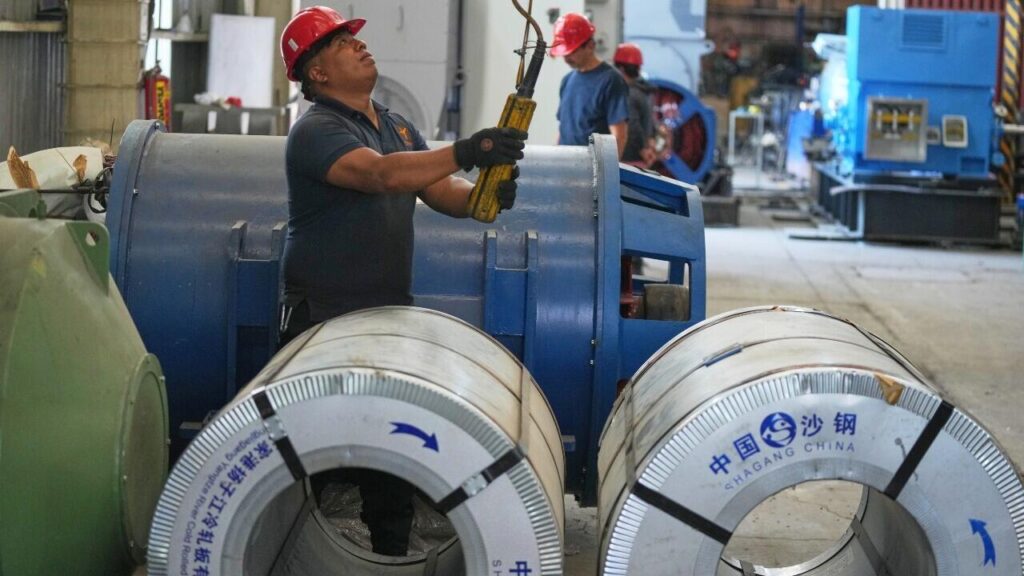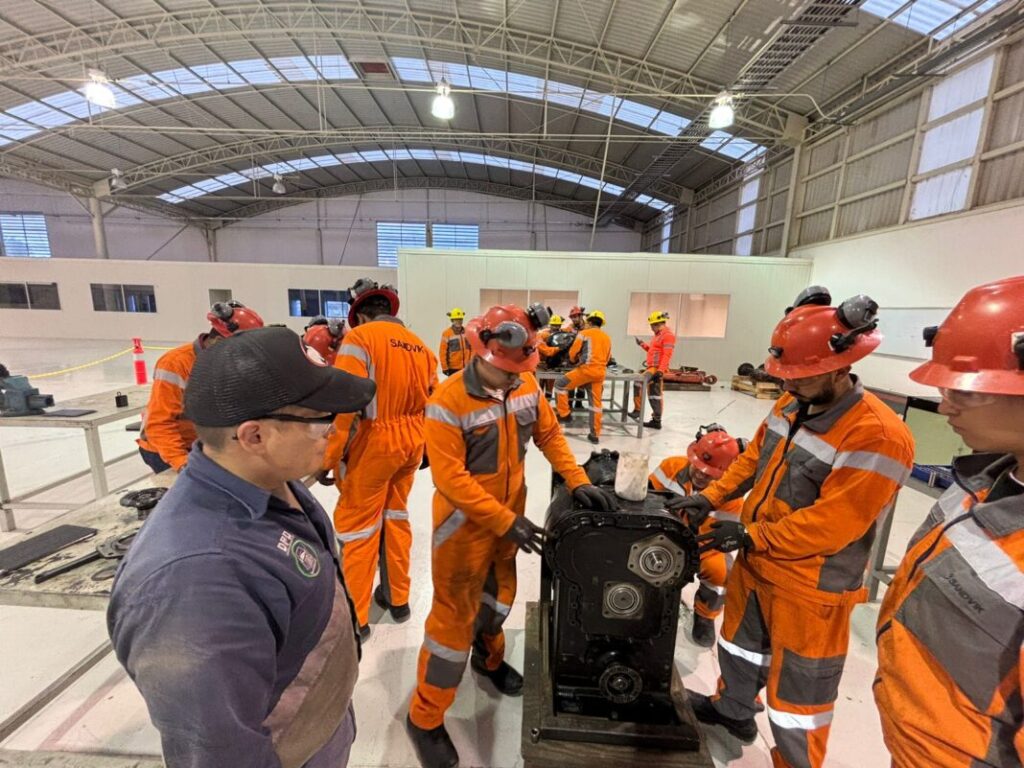The Department of Labor and Social Welfare (STPS) completed six regional forums in different cities across the country to gather proposals from workers, employers and specialists.
Labor lawyer Óscar de la Vega Castillo, partner at the De la Vega y Martínez Rojas Law Firm, explained that the reform is built on four key axes: gradualness, flexibility, sectorization and tax incentives, with the objective of ensuring a viable transition for all sectors.
The forums were conducted in Mexico City, Monterrey, Guadalajara, Tijuana, Querétaro, and Cancún, fostering an open and multi-sectorial dialogue.
“It is significant progress to have all voices heard. Dialogue is crucial for reaching agreements that benefit the workers and maintain productivity”, De la Vega stated.

The proposal considers a progressive reduction of the working hours in the labor week, starting on 2026, with 46 hours per week and reaching 40 hours in 2030.
This implementation by phases seeks to prevent an economic impact on sensitive sectors, such as the manufacturing industry and retail.
Another relevant aspect is labor flexibility, with schemes like monthly working hours or the “time-for-time” model, which would allow companies to adjust their operating dynamics without losing efficiency.
Differentiated sectorization is also being proposed. This means that each industry could adopt the reform in accordance to its own production and regulation conditions.
Additionally, tax incentives relating to overtime are being considered, to lessen the financial burden of companies that need to extend working hours under certain circumstances, without affecting labor rights.
De la Vega pointed out that ongoing training will be fundamental in this new stage: “Mentality must be changed. It is not only about the amount of time worked, but about efficiency and the work environment”, he explained during his participation.

The STPS is currently working on systematizing the proposals. A preliminary report is expected by July 30, and the presentation of the legislative bill is expected for September 1. This reform falls within the framework of the Federal Government’s prioritary projects on labor, geared toward modernizing the world of labor in Mexico.
“It is important to keep a close eye on the legislative process. The proposal must guarantee true benefits both for companies and for workers”, the specialist concluded,



